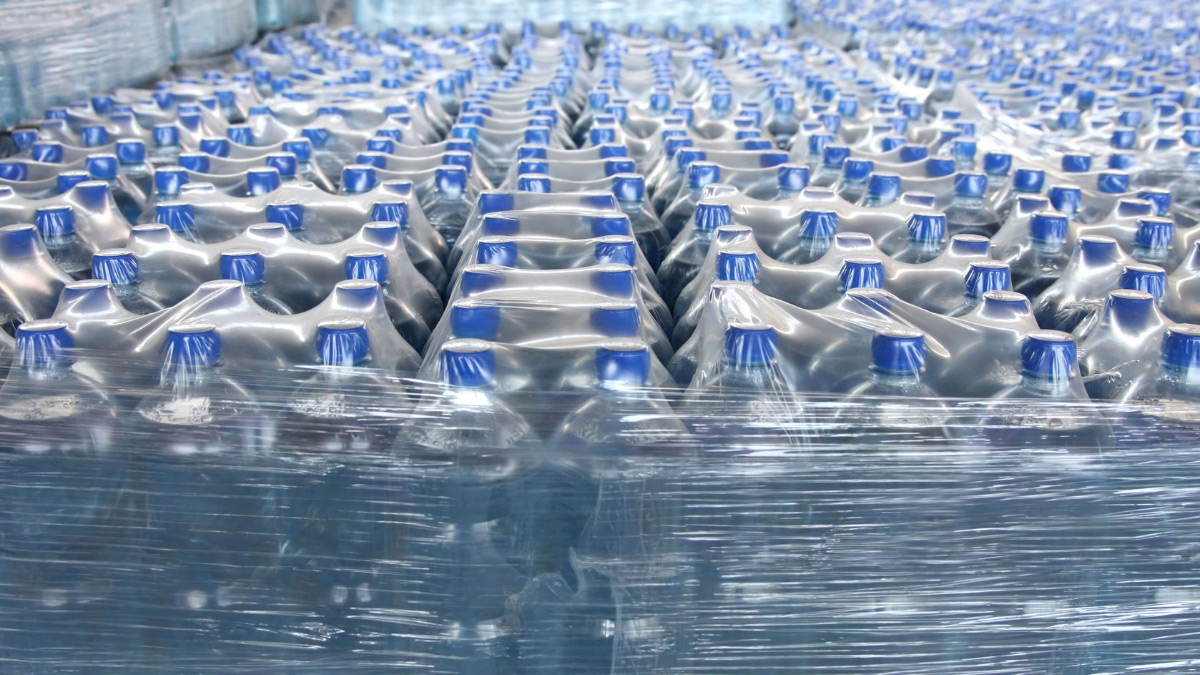Category 4 Hurricane Dorian, with winds reaching 140 miles per hour, is creeping toward Florida. People are going to need gas, bottled water, plywood, flashlights, and all sorts of other supplies in order to flee the storm and recover from the damage. Florida government officials are working hard to make sure people around Florida and around the world don’t get the message, and they’ve set up a special hotline in order to establish a veritable blockade around the state and keep valuable supplies from getting where they are most urgently needed.
You might wonder if that’s a misprint. Didn’t the governor declare a state of emergency? Didn’t he issue an evacuation order? Wouldn’t Floridians welcome any help they can get in their time of need?
Yes, yes, and yes—but part of the emergency declaration is a rule against price gouging that guarantees resources will be wasted and misallocated.
Price gouging laws limit allowable price increases during emergencies. At first glance, this seems like an important concession to fairness as we all think it’s pretty ugly to take advantage of one another in a time of need. However, price increases aren’t arbitrary impositions on the part of the callous and the mean. As Tyler Cowen and Alex Tabarrok explain, “a price is a signal wrapped up in an incentive.”
During disasters, price increases have been compared to signal flares. Price gouging laws snuff them out and prevent people from getting the message. They are basically knowledge embargoes that keep people well-positioned to help from getting crucial messages.
As “a signal wrapped up in an incentive,” a price transmits crucial knowledge about what is wanted where and how urgently. It’s a harder problem to solve than it at first appears. From the comfort of my living room, I can opine about broad categories of things people probably want very urgently after a hurricane. They’ll want gas, drinkable water, building supplies, generators, ice, shelter, and so on. How much, exactly? Would they be better served by gallon jugs of water or smaller containers? Do they want ice for low-value uses (cooling beer) or for high-value uses (storing insulin)?
In a functioning market, this knowledge is collapsed into a single, easy-to-interpret signal: a price. Consider inland hotel rooms, for example, that usually goes for $100 a night and that are likely to be in very high demand during an emergency. A large family fleeing a storm might get two rooms at that price so that everyone has room to spread out and be moderately more comfortable as they wait for things to clear up, leaving other families (literally) caught in the rain. If the price were to rise to $300 a night, they would surely think twice about it and ask whether or not they could endure somewhat more cramped conditions—and, in the process, freeing up space for other families fleeing the storm.
There’s another interesting potential effect. Technology has made it a lot easier for people to respond quickly: sudden spikes in hotel room prices would, I expect, lead to increases in the number of Airbnb listings, particularly in inland cities like Birmingham where hurricanes rarely mean more than a couple of days of hard rain.
Alas, price-gouging laws are in effect in Florida, which means Florida prices don’t rise and shortages abound. Importantly, people who have the things desperate Floridians want aren’t getting the signals they need in order to respond most effectively. Copious amounts of bottled water remains on store shelves in Birmingham when it is might be more valuable in Orlando and Tampa. Shelter is harder to come by. People suffer more than they otherwise would.
Again, prices aren’t arbitrary impositions based on how mean, greedy, or generous a businessperson feels upon waking up in the morning. They transmit crucial knowledge about what is wanted where and how urgently. Price gouging laws are effectively knowledge embargoes that keep people positioned to help from getting the message.
The policies don’t change, and neither do the basic economic facts. Here’s an explanation of the effects of price gouging laws in anticipation of Hurricane Florence, a storm in North Alabama, 2011 tornadoes, Hurricane Irene, Superstorm Sandy, and Superstorm Sandy again. Here’s a video explanation of the ethics and economics of price gouging from University of San Diego philosopher Matt Zwolinski:









